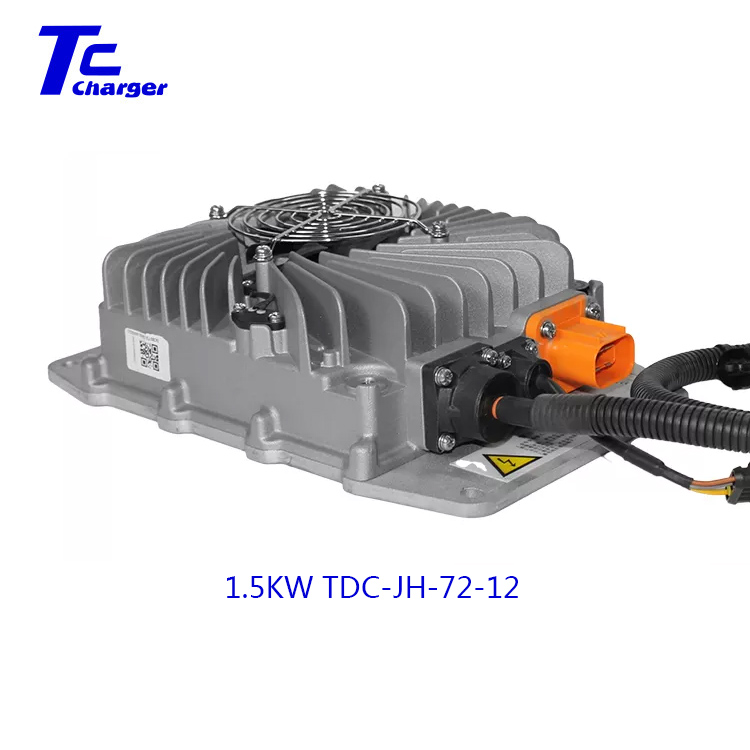The question of whether to charge your electric car every night gets asked by some EV drivers who worry persistently about depleting the battery without a charging station nearby.
The short answer to the question is no. In general, you should not charge your electric car every night. It isn’t necessary in most cases. The practice of charging an electric vehicle every night can shorten the lifespan of the car’s battery pack.
It’s important to note that you should always follow the battery charging recommendations found in the car’s user manual.
Figures from the United States Department of Transportation Federal Highway Administration indicate that an average driver logs roughly 14,300 miles annually, or about 275 miles each week.
Environmental Protection Agency data show the longest-range electric cars come close to or exceed that distance on a single charge. Even EVs with shorter battery ranges can cover a good portion of the week when driving the typical 39 miles per day.
Unless you have a regular long-distance commute, you don’t need to charge your electric car every night. It’s unlikely that any driver of a traditional gas-powered car refills their tank daily, just as it is not necessary to keep your EV battery topped off.
Charging Cycles Degrade Batteries
Lithium-ion battery packs provide power to electric vehicles. While advancements in EV battery technology continue, the repeated cycle of charging and discharging causes lithium-ion batteries to degrade over time.
Reducing the number of charging cycles can help reduce the degradation of battery capacity. It’s no reason for anxiety whenever you plug in, but keep in mind that each time a battery gets charged — whether adding 5% or 55% — it’s a charging cycle that puts stress on the battery.
If you are familiar with your electric car range, charge the battery when it’s really needed and for the length of time necessary to reach the desired “state of charge.”
Always Charging to 100% Isn’t Good
A research team at the University of Michigan came up with best practices for extending the life of lithium-ion batteries. One recommendation focuses on a battery’s state of charge, or SOC, which refers to the estimated amount of available power in a battery.
The study says that consumers should minimize the amount of time a battery spends at either 100% charge or 0% charge. The reason: Extremely high and low SOC creates stress for batteries and shortens their life.
Electric vehicles have battery management systems to prevent charging and discharging to these extremes. Some are more protective than others. Also, most EV chargers can be set to shut off once the battery reaches the designated SOC.
There may be times when you want or need to charge up your EV to get maximum range. But charging it to the max shouldn’t be done every night. In general, the SOC for the battery in your electric car should be maintained between 30% to 80% capacity.
Charging Stations are Becoming More Common
Battery anxiety is a hurdle many EV owners must overcome to resist the temptation to charge their cars every night. Their fear may be real. But so is the fact that there are many public charging stations throughout the United States.
A searchable map of electric vehicle charging stations from the U.S. Department of Energy Alternative Fuels Data Center shows about 55,000 locations across the country. That number continues to grow.




